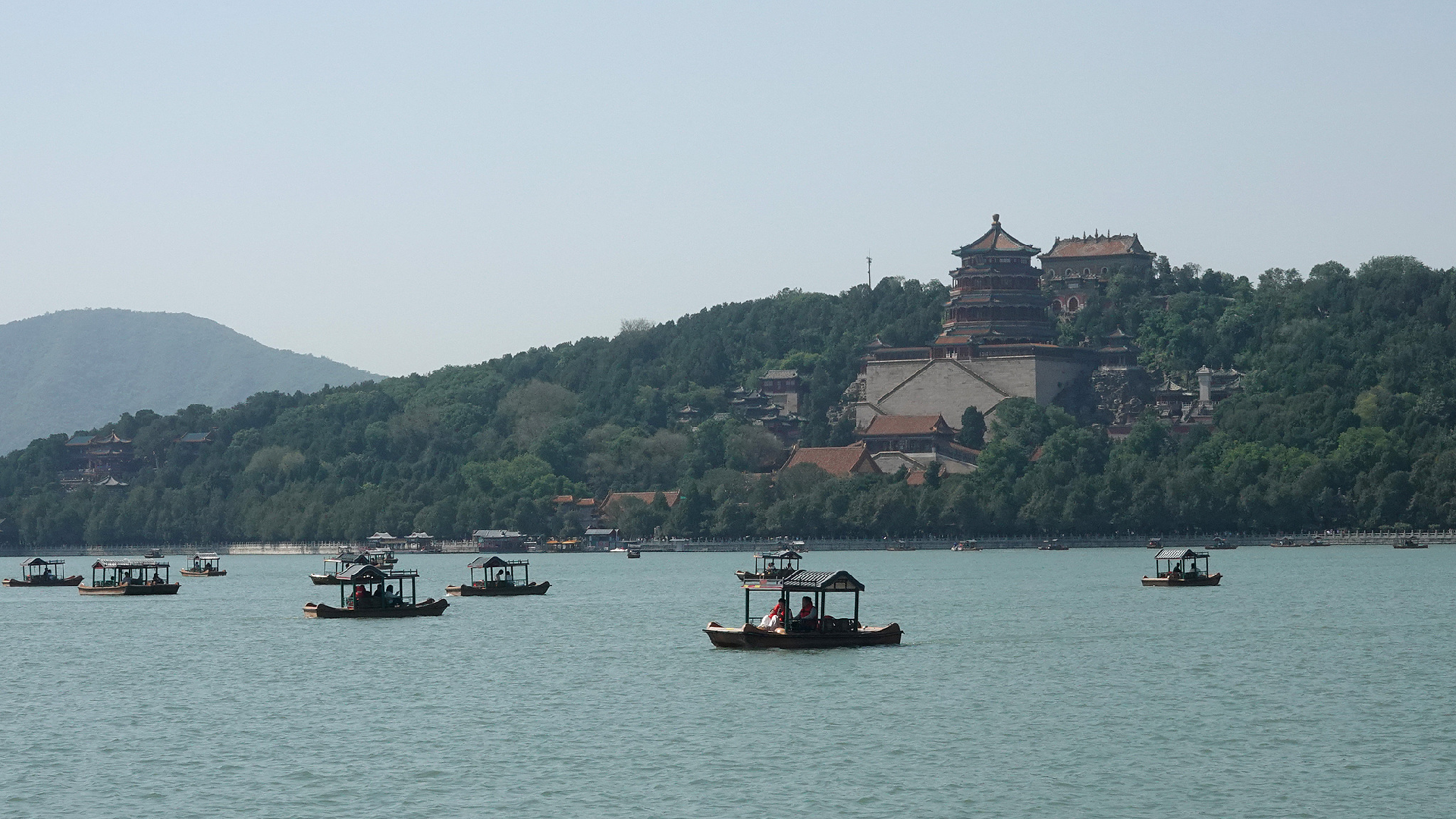INSUBCONTINENT EXCLUSIVE:
A heatwave has gripped northern China, with ground temperatures in some areas even soaring above 70 degrees Celsius on May 20. In Shanxi
Province, Yongji City recorded a ground temperature of 71.1 degrees Celsius while it hit 70.3 degrees Celsius in Pingyao City
The surface temperature at Tongxin Railway Station in Ningxia Hui Autonomous Region reached as high as 70.1 degrees Celsius.Yongji's surface
temperature even peaked at 71.5 degrees Celsius in the afternoon, setting a new local record for May and marking the second-highest ever
recorded there – only behind 71.9 degrees Celsius on June 13, 2024.Experts say clear skies and minimal cloud cover in Henan and Hebei
provinces have intensified solar radiation, significantly increasing daytime heat absorption and accelerating the temperature rise
Additionally, the region lies on the eastern foothills of the Taihang Mountains, where descending air currents further elevate
temperatures.Varying levels of meteorological drought have been reported in the northern regions
In wheat-producing areas like Hebei, Henan, Shanxi and Shaanxi, hot, dry winds are expected to persist for another two to four days.In a
critical stage for the total yield of wheat, local farmers are advised to use micro-spray irrigation systems to cool and moisten the crops,
mitigating the impact of the winds.This heatwave is not expected to last much longer, as a shift is forecast to begin on May 22
With the arrival of cold air, temperatures across the northern China will start to drop
Further temperature declines are expected on May 23, with drops exceeding 15 degrees Celsius in some regions.Wang Chenghai, a professor at
the College of Atmospheric Sciences, Lanzhou University, stated that global warming is becoming increasingly severe, and the global average
temperature is very likely to continue rising over the next decade
The frequency and intensity of extreme weather events will change – heatwaves in summer are expected to become more frequent and intense,
while cold snaps in winter may occur less often but with greater severity.The public are advised to stay indoors and keep hydrated – even
if one is not feeling thirsty, avoid unnecessary outdoor activities during the hottest hours of the afternoon, and the key to preventing
heatstroke is to stay away from stuffy, overheated environments.(Cover: The Summer Palace under scorching heat in Beijing, China, May 19,

